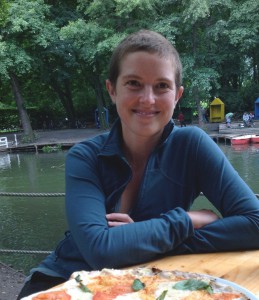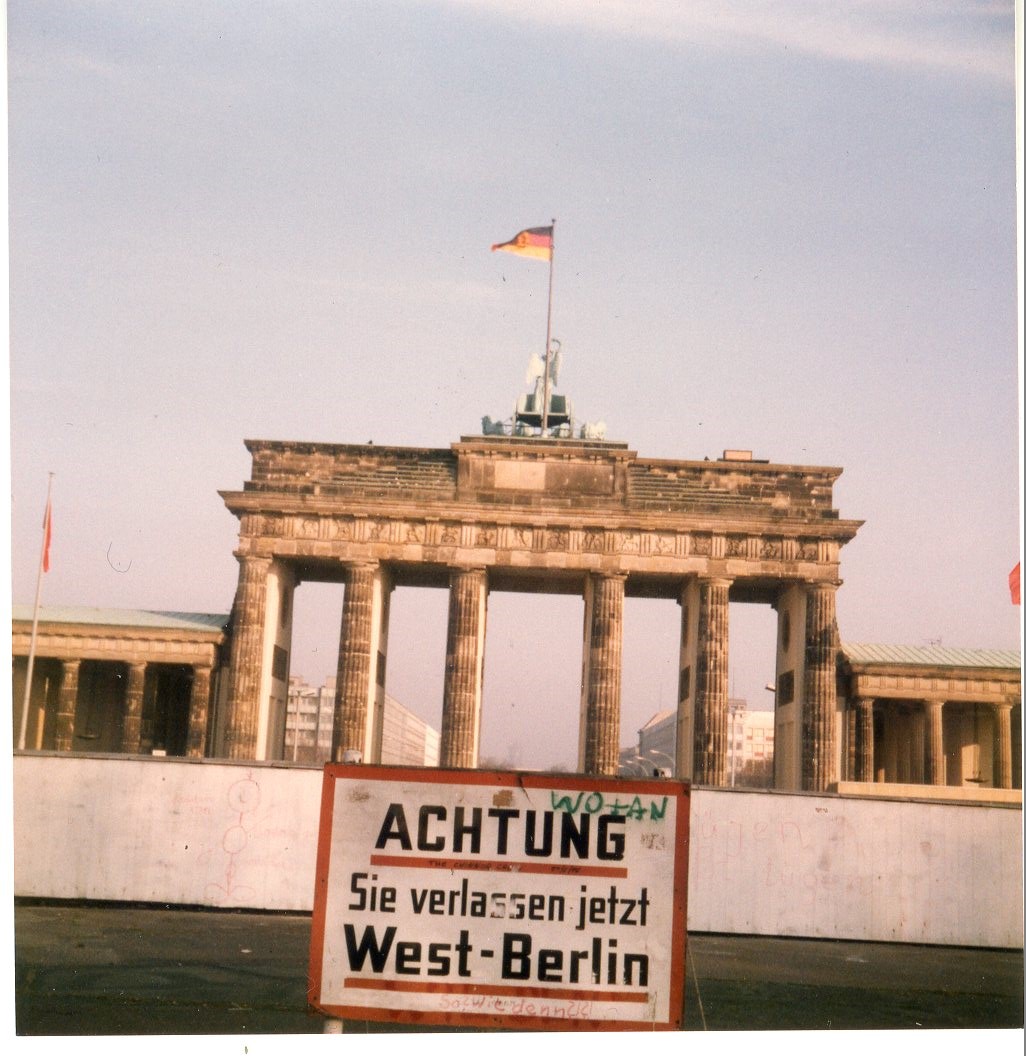This September, I will be trading Ann Arbor, Michigan’s autumnal canopy of maples for the bicycles, parks, and museums of Berlin, Germany. On a Fulbright grant, I will be in Berlin to further my Ph.D. dissertation research, which contends the role of the Czech avant-garde is a significant yet overlooked link in the vast network of exchange that existed across various European centers of art making in the interwar period.
My research centers around the Bauhaus, a modernist school of art and architecture based originally in Weimar and then in Dessau in the period between the two World Wars. Although its unique pedagogy, functionalist aesthetic, and transnational influence have been documented, there is an absence in scholarly literature regarding the dynamic relationship between the school’s major figures in Germany and their peers in then Czechoslovakia. I aim to fill this gap by mapping the influence of the Bauhaus eastward and reciprocally, the influence of the Bauhaus’ eastern neighbor on the school’s aesthetic ethos.The implications of this revised telling are especially pertinent as the humanities move towards a more interdisciplinary approach, by encouraging a shift in historical narratives that sees multiple centers where once only one was perceived.
A large portion of my research will be in cooperation with the Berlinische Galerie and the Bauhaus and Werkbund archives. From these sources, I will be looking for correspondence and other documents that show a particular Czech influence on the German Bauhaus – for example, in theory and practice corresponding to typographic design.
A Fulbright grant will not only provide me with the necessary tools to successfully complete my dissertation, but will also enable me to meaningfully engage with the community in which I’ll be living. I intend to fulfill the Fulbright aim of social engagement by bringing to Berlin a successful creative writing workshop I currently conduct in the United States as the editor of a non-profit arts and literary publication harlequin creature. In these workshops, I introduce young students to a technology popular in the interwar period: the typewriter. Students are each given their own typewriter on which to produce a unique piece of work that is incorporated into a bound journal. The workshops are currently offered at places like the Guggenheim and Dia Museums in New York and I look forward to introducing this program abroad.
It is hard to believe that this time last year I was just beginning my Fulbright application, and am now planning my travels to Germany. For those just starting their own Fulbright application, the best advice I can offer is to solicit feedback on the essays from as many people as possible, while remembering that it is your own voice and passion that should come through prominently in the application. For me, that meant emphasizing my desire to eradicate some of the bias that lies in East-West distinctions and encouraging a non-hierarchical contemporary conversation emblematic of the interwar period. I am so delighted that I will have the resources and support as a member of the Fulbright community to pursue this passion.



No Comments